Part one: The Developing Countries in World Trade
Part one of World Economic Survey 1962 presents the first series of papers prepared for discussion at the second session (May-June 1963) of the Preparatory Committee for the Unite
Development Research Branch (DRB)
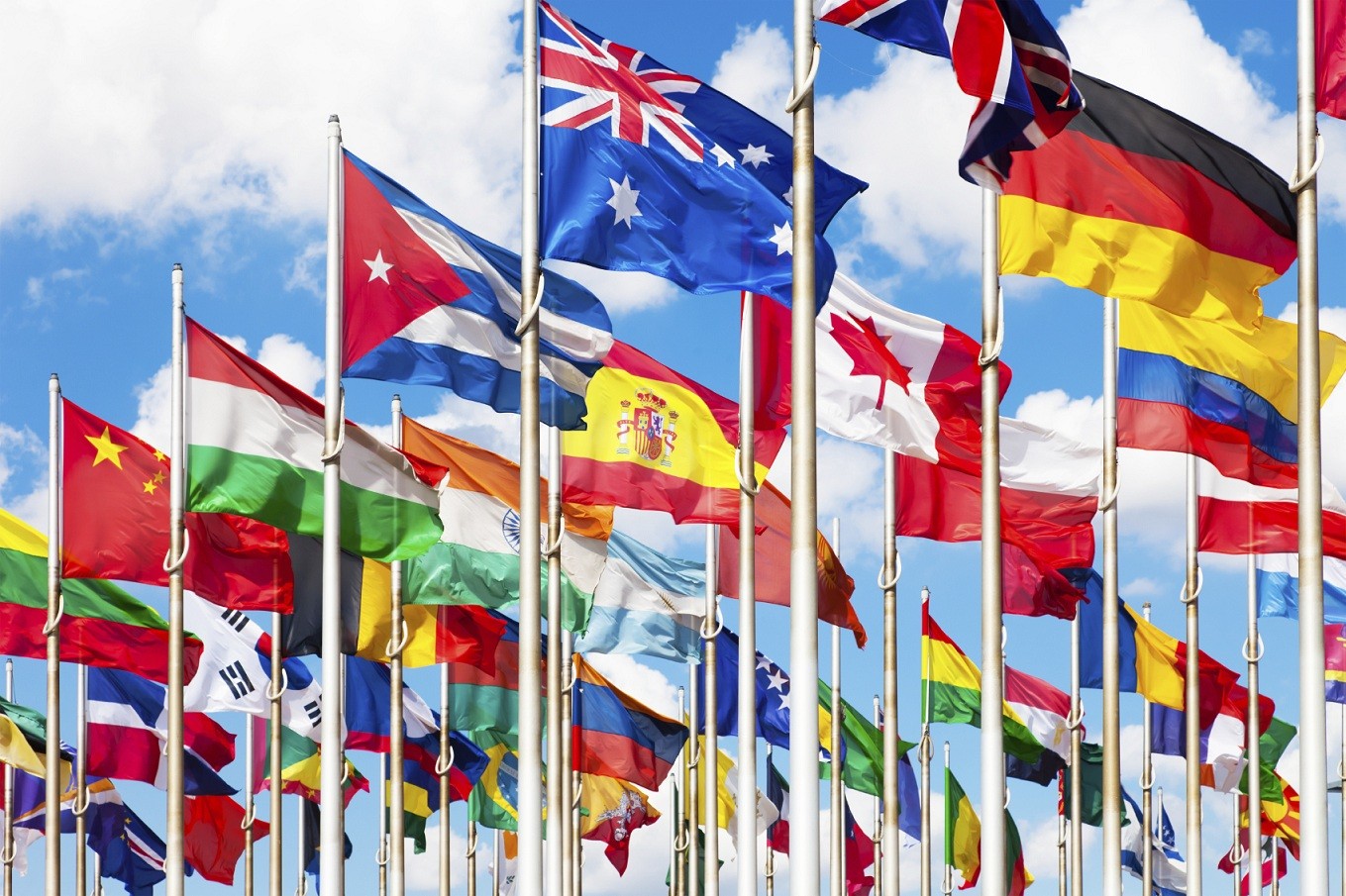
World Economic Survey 1961 focuses on industrialization and economic development, following the request by the Committee for Industrial Development for a review of industrialization in underdeveloped countries during the 1950s. The S
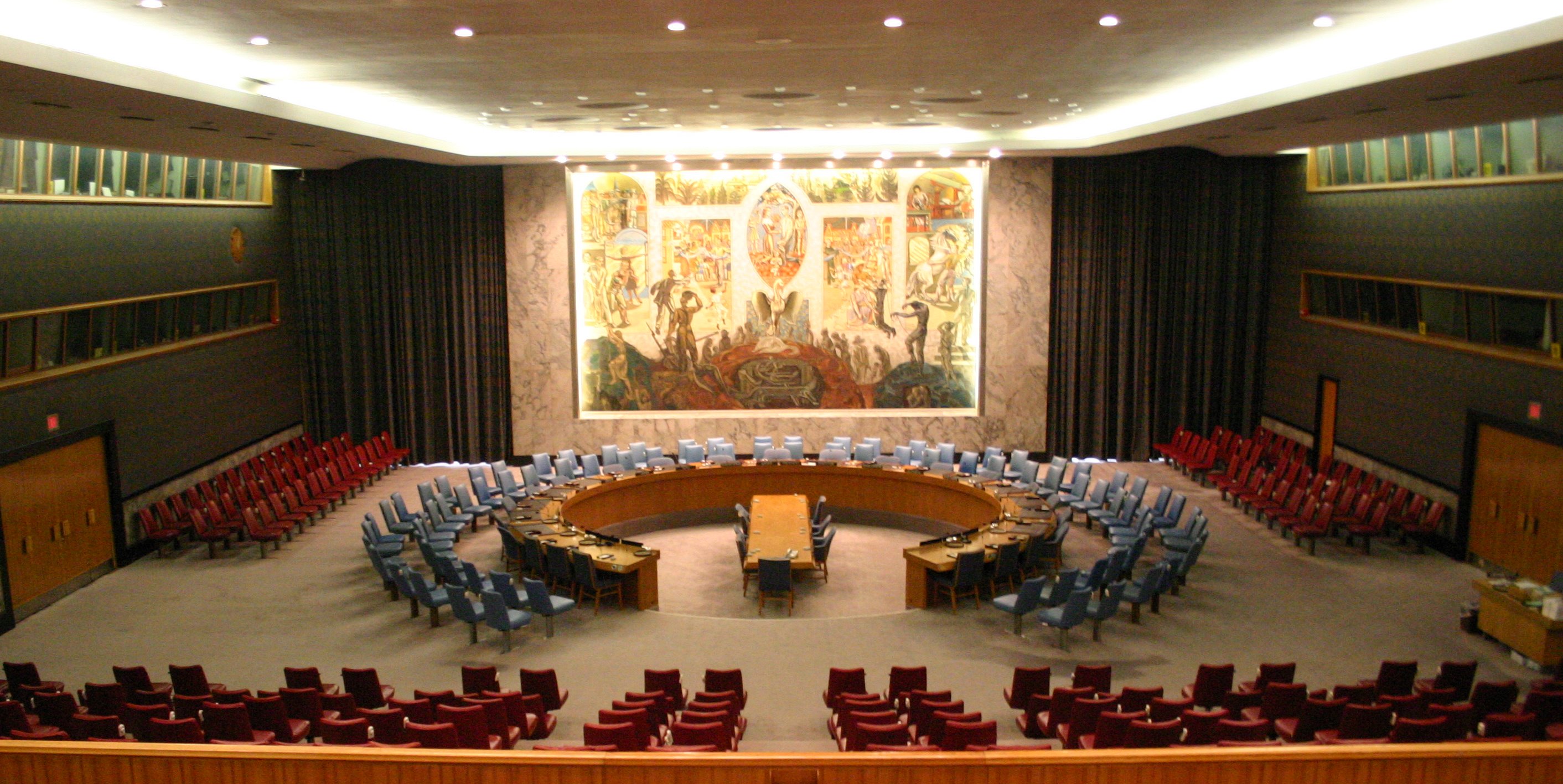
Part one of World Economic Survey 1960 discusses the role of saving for economic growth in the world economies, as well as its sources and trends. Part two of the Survey covers the economic events of 1960 and early 1961, summarizing the
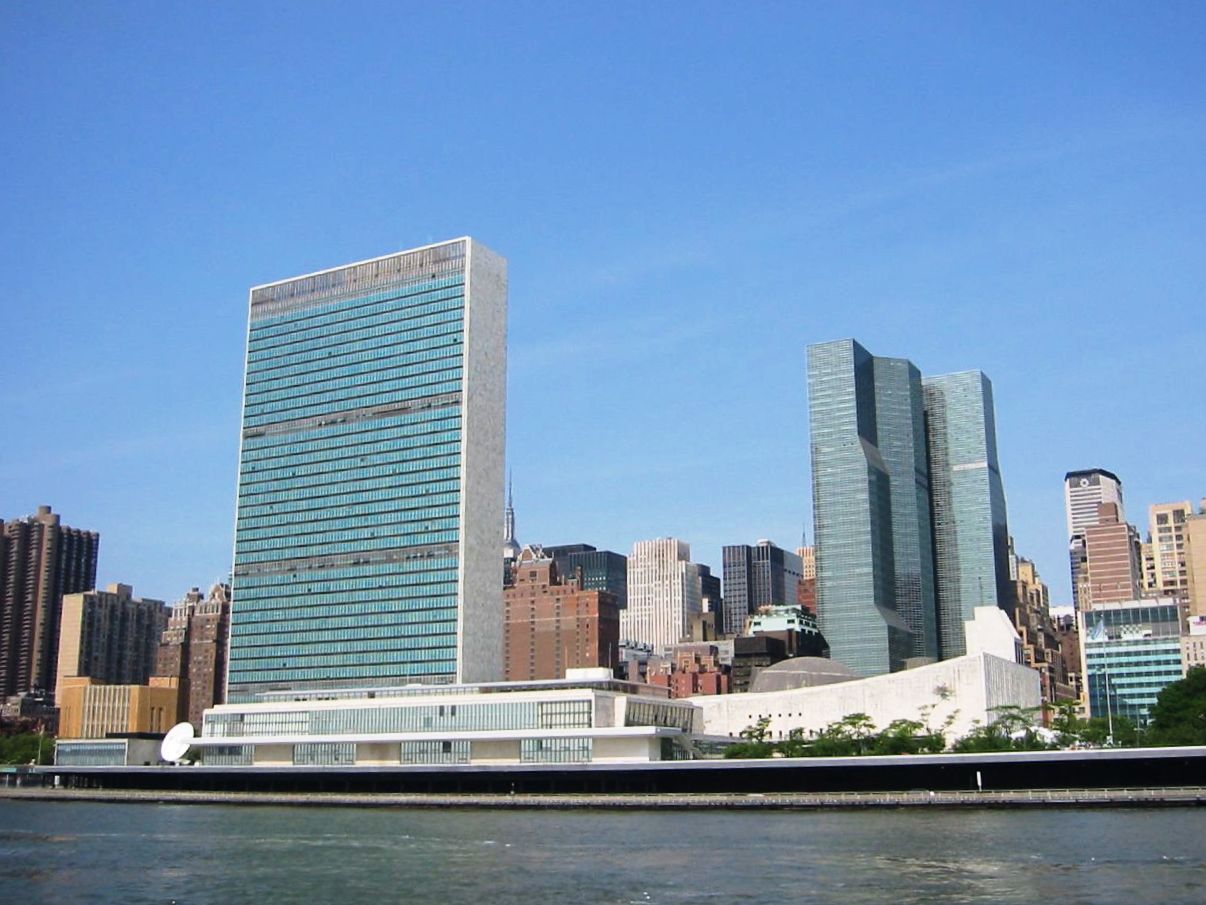
World Economic Survey 1959 reviews the year, which witnessed new peaks in world production and incomes following the recovery from the 1957/1958 recession in the United States and the cessation of growth in 1958 in western Europe. The
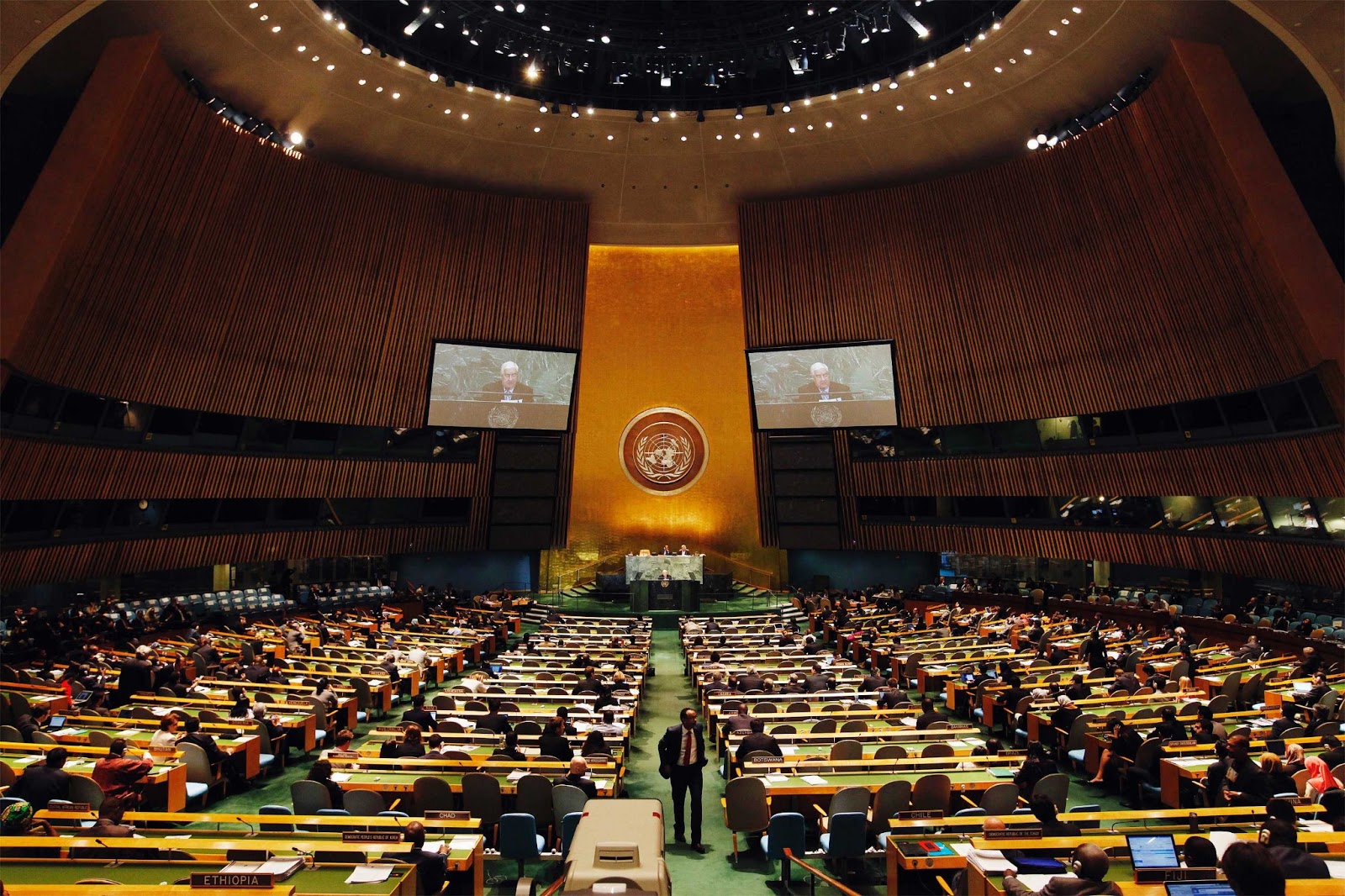
In part one of World Economic Survey 1958 , attention is focused on international commodity issues and policies in the post-war period. The Survey analyses trends and fluctuations in world trade of primary commodities, national an
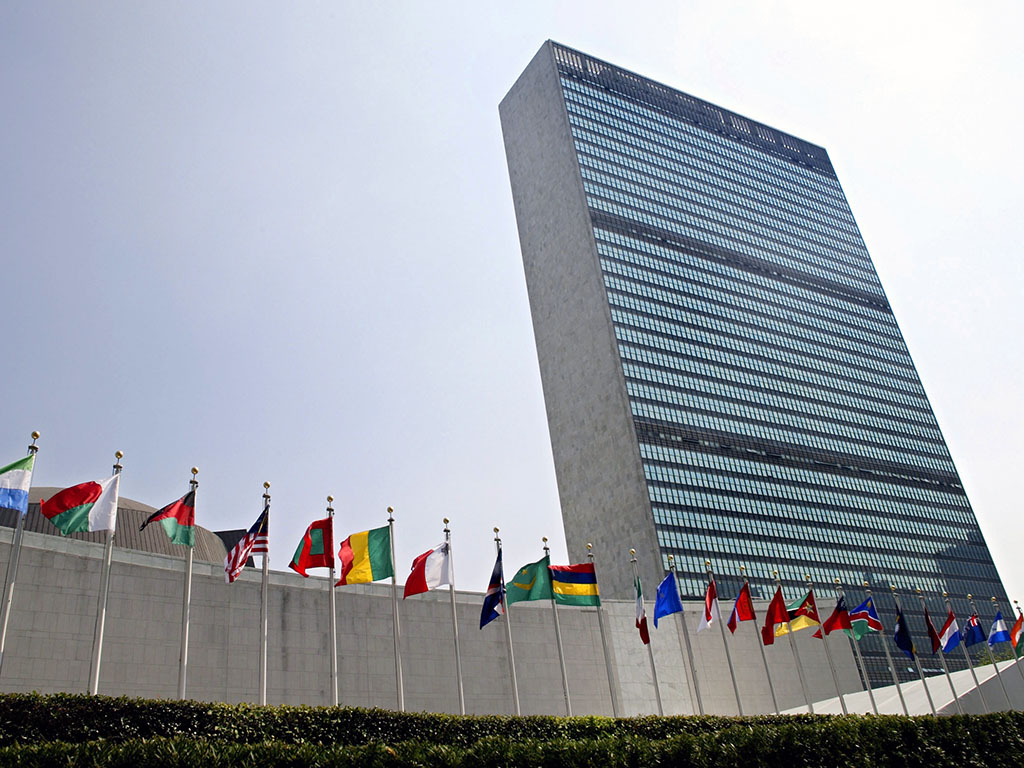
World Economic Survey 1957 examines the problem of inflation, analysing its nature as well as recent governmental anti-inflationary policies, with particular emphasis on the role of monetary policies. Both demand and cost elements, as we

World Economic Survey 1956 is devoted to a study of balance of payments problems during the post-war period. It reviews the worldwide balance-of-payments experience since the war, the changes in the network of international balances and

World Economic Survey 1955 reviews the growth of production and trade in private enterprise economies and the centrally planned economies during the first post-war decade. The introduction examines some of the major problems of balanced g

This study considers some significant aspects of economic development during 1955 and 1956 in selected African countries. In the Union of South Africa, the general increase in economic activity has been accompanied by inflationary pressure. In ord
 Welcome to the United Nations
Welcome to the United Nations